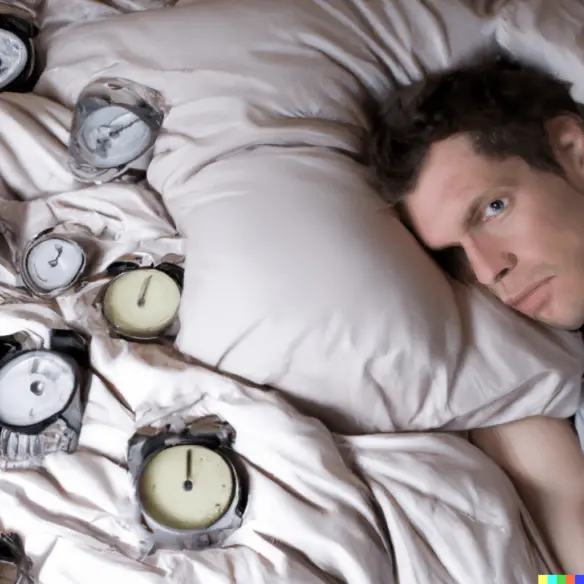Tag: tiredness
-
Why Do I Feel Sleepy During the Day?
Slumber and sleep, a natural call, The mind and body need it all, But why do we feel so tired and slow, Even after a night of sleep, we know? As we go about our day-to-day activities, we may find ourselves feeling sleepy or tired, even if we had a full night’s rest. This can…
-

Why am I always tired?
Introduction: Fatigue is a common complaint among many people, affecting millions of individuals around the world. It can have a significant impact on quality of life, affecting everything from work performance to personal relationships. If you’re someone who frequently feels tired, you may be wondering why this is happening and what you can do to…